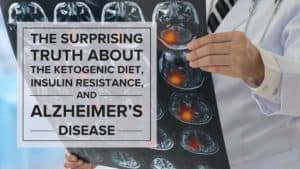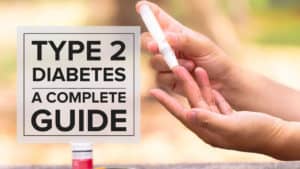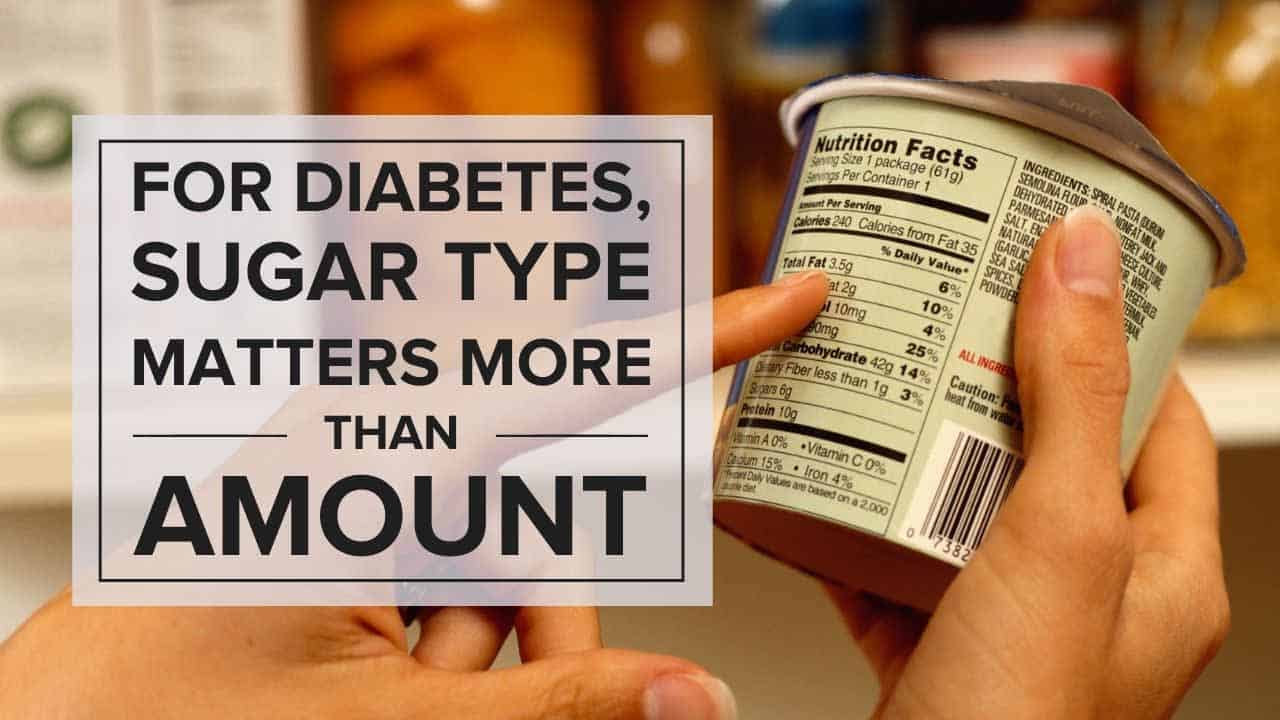
Can You Get Diabetes From Eating Too Much Sugar?
Eating “too much sugar” doesn’t directly cause diabetes, though certain forms of sugars can be a significant risk factor for some types of diabetes.
Does that sound confusing? If so, that’s ok.
The problem is that the term “sugar” is used as a blanket term to describe compounds that have drastically different biological effects in your body, which causes confusion.
Whole carbohydrates from plant foods are extremely beneficial to your health and provide “natural sugars,” which metabolize to glucose for your brain, liver, and muscles.
On the other hand, “refined sugars” are significant risk factors for type 2 diabetes and other chronic diseases that negatively affect your overall health.
Unlike type 1 diabetes, which is an autoimmune condition, type 2 diabetes, and its precursor condition prediabetes, are caused by insulin resistance, the accumulation of excess fat in tissues that are not designed to store large quantities of fat.
The type of sugar you eat (natural vs. refined) can influence your level of insulin resistance, which means that the correct question to ask is: “Which sugars cause insulin resistance and which sugars reverse insulin resistance?”
In this article, we’ll clear up some of the sugar misunderstandings and give you some new terms to use that will clear up the confusion about sugar.
Then we’ll explain how each of these new concepts affects your diet and overall health, along with some simple, effective strategies to prevent and reverse type 2 diabetes.
Changing the Sugar Conversation: Your New Key Definitions
Natural Sugars — The term “natural sugars” refers to the carbohydrate chains found in whole foods like fruits, vegetables, legumes, and whole grains. They can still be sweet, but their chemical structure is very different to that of refined sugars.
Natural sugars are sometimes called “complex carbohydrates,” because they are long-chain molecules that take time to digest, cut, and absorb. As a result, natural sugars take a longer time for your body to process, resulting in a more sustained release of energy over time.
Natural sugars are eaten in whole foods that also contain valuable micronutrients that are essential for optimal nutrient absorption, transport, and storage. These micronutrients include vitamins, minerals, fiber, water, antioxidants, and phytochemicals and can be thought of as “information” for tissues throughout your body.
Refined Sugars — Refined sugars are artificial sweeteners that are added to processed and prepared food, including table sugar (sucrose), high fructose corn syrup (HFCS), maltodextrin, dextrose, and many others. Refined sugars are added to foods and beverages to increase sweetness and consumer appeal.
Refined sugars are sometimes called “simple carbohydrates” due to their short-chain chemical structure. Because refined sugars can be metabolized very easily and are generally not “protected” by the vitamins, minerals, fiber, antioxidants, and phytochemicals found in whole foods, when you eat them they can elevate your blood glucose very quickly and increase your risk for liver insulin resistance.
Glucose — Glucose is a monosaccharide sugar that is the predominant building block of most whole carbohydrates found in nature. In addition, glucose is also the only monosaccharide found in fiber. Glucose is the primary fuel for your liver, muscles, and brain, and is the most important fuel in your entire body.
Sugar vs. Added Sugar: How Each Affects Your Bod
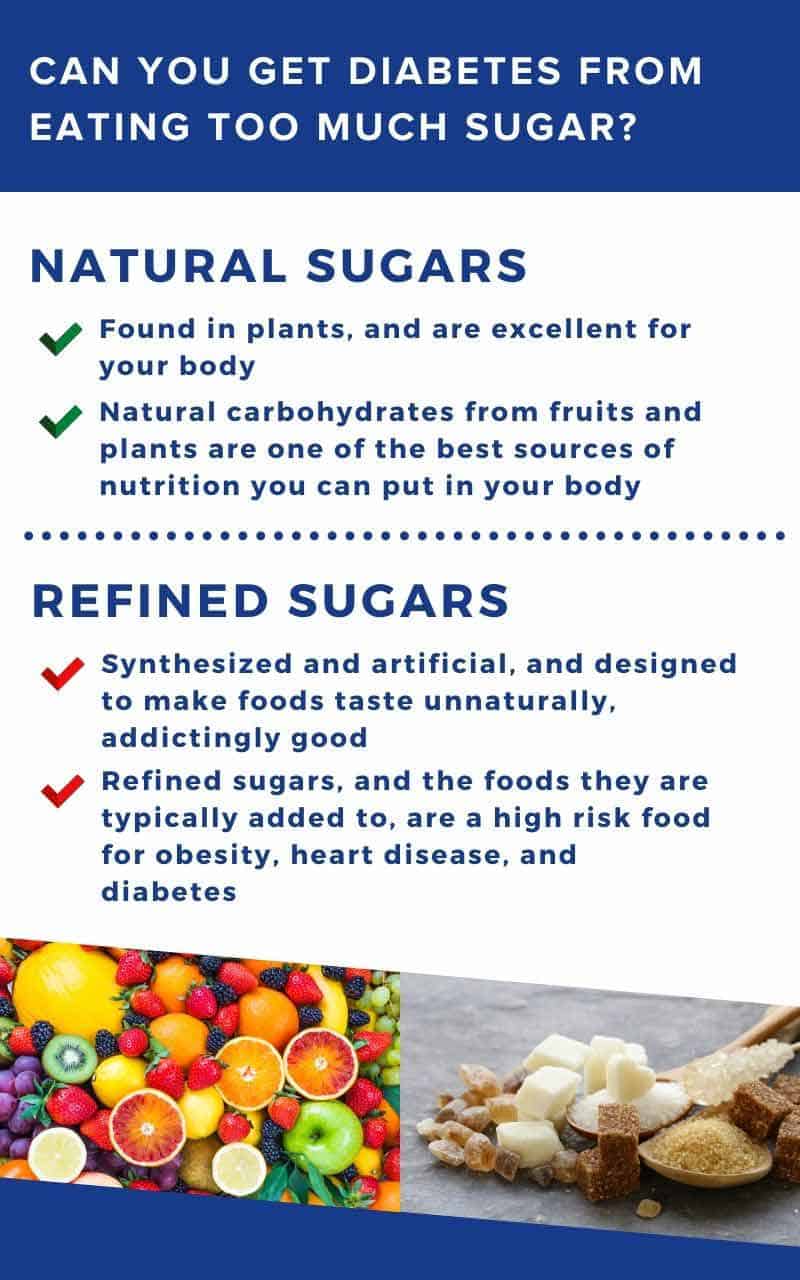
The fundamental distinction that is important to make when talking about sugar is using the word “natural” or “refined” before the word “sugar.” Simply talking about “sugar” is not descriptive enough.
Natural sugars are found in plants, and are excellent for your body. Your digestive system slowly cuts natural sugars into their monosaccharide building blocks, which are then absorbed into your blood to be burned for energy or stored for later use.
The human body has evolved over millions of years to thrive on a diet high in plants, which have historically been the food that’s most widely available throughout human history.
The shift to a diet high in meat and added sugars has only been possible incredibly recently on the time scale of human evolution, and the research shows that diets high in meats and high in refined sugars have coincided with the drastic increase in obesity and diabetes.
Refined sugars are manufactured in a laboratory, and are the results of a manufacturing process. They are designed to make foods taste unnaturally and addictingly good.
These hyper-concentrated sweeteners, like HFCS, table sugar, and aspartame are often found in foods that are also high in trans fats, like donuts, pastries, chips, cookies, and ice cream.
Understanding the Difference
The difference between natural and refined sugars is not only helpful to understand, it’s essential.
Natural sugars found in plant foods are one of the best sources of nutrition you can put in your body. When you eat a diet containing predominantly plants, your liver, muscle and particularly your brain receive a steady stream of glucose throughout the day, helping to keep you feeling high energy at all times.
Refined sugars found in processed foods dramatically increase your risk for obesity, heart disease, and diabetes, all of which we’ll tackle in the next section.
Quick Myth Check — What About Low-Carb Diets? Aren’t They Popular Because All Carbs are Bad?
Low-carb diets, like the Paleo diet and the ketogenic diet, originated from a mistaken understanding of human evolution, and a flawed understanding of the function of insulin.
In individuals living with existing insulin resistance, high-carbohydrate diets can cause spikes in blood glucose, especially when those carbohydrates come from processed foods.
As a result, some doctors recommend high-fat, low-carbohydrate diets, with the goal of eliminating these blood glucose spikes.
However, it’s actually high-fat diets that cause insulin resistance in the first place, decreasing the ability of your liver and muscle to uptake glucose from your blood.
So while the short-term results of reducing your carbohydrate intake can lead to decreased fasting blood glucose, decreased fasting insulin, and a lower A1c, the long-term result is an increase in insulin resistance, which in turn increases your risk for chronic disease.
You can learn more about the topic in our article on 7 misleading claims about low-carbohydrate diets.
Refined Sugars, Obesity, Diabetes, and How They Relate

Coming now from the perspective of two, very different types of sugars, the question should instead be “which sugars can potentially cause diabetes?“
And the answer is clear — refined sugars increase your risk for diabetes, while natural sugars from fruits, vegetables, legumes, and whole grains actually help reduce your risk for diabetes.
How Refined Sugars Are Linked to Diabetes
The relationship between refined sugars and diabetes can be complicated. The direct effects of refined sugars include blood glucose spikes and liver insulin resistance, but there are also many interrelated secondary effects.
Diets high in refined sugars are clearly linked to obesity, cardiovascular disease, and type 2 diabetes, resulting from a rapid rise in blood glucose values that can overwhelm your liver in the post-meal state, resulting in fat and cholesterol synthesis in your liver.
Obesity, in turn, leads to a higher risk for insulin resistance, which is the underlying cause of prediabetes and type 2 diabetes. But this relationship is not always a direct cause-and-effect relationship.
The big picture is what’s important to understand: a diet high in refined sugar is a strong risk factor for weight gain, obesity, cardiovascular disease, and type 2 diabetes whereas a diet high in natural sugar from whole carbohydrates decreases your chronic disease risk.
Other Factors That Can Cause or Contribute to Diabetes

There are both controllable risk factors and uncontrollable risk factors for type 2 diabetes.
Fortunately, the vast majority of these diabetes risk factors are within your control, including:
In fact, there is only one major factor of increased risk for type 2 diabetes that is technically out of your control:
However, despite the fact that your genetics may increase your risk for type 2 diabetes, this condition is still extremely treatable and preventable through a proper diet and lifestyle.
How to Fight Back Against Diabetes and Insulin Resistance

A Low-Fat, Plant-Based, Whole-Food Diet
The first, most powerful step in improving your healthy living with all forms of diabetes is through your diet. There are many other factors that can help improve your diabetes health, but the single most effective change you can make is to improve the quality of your diet.
For preventing and reversing insulin resistance, the research overwhelmingly points to a low-fat, plant-based, whole-food diet, which can help you keep your target weight, avoid and reverse insulin resistance, and provide better mood and overall health, all without needing to restrict portions.
To learn more, you can go into detail with our comprehensive guide to diet for diabetes, which touches on the science behind this diet and some commonly asked questions.
Daily Movement
Increasing your exercise and daily movement has a positive feedback loop with dietary changes. More activity means your body can burn fat and glucose more efficiently.
Ultimately, integrating more movement stimulates your muscle to produce more mitochondria, which in turn makes your muscles more efficient at processing glucose, thus accelerating the process of reversing insulin resistance and type 2 diabetes.
Intermittent Fasting
Humans have evolved to withstand long periods of time without eating – an evolutionarily conserved trait from times when food was less available. The result is that during periods of intermittent fasting (usually 16-24 hours), your body begins a process called autophagy to ensure that cells still have the energy to function.
When intermittent fasting, your body can oxidize excess fat, and recycle dysfunctional protein. It’s a sort of “internal recycling program,” and studies have shown dramatic improvements in overall health.
Intermittent fasting can lead to:
To learn more about intermittent fasting, feel free to use our free guide to intermittent fasting.
Coaches Are Here to Help You
The world of nutrition is complex. There are many types of foods that can be risk factors, but may not depending on how much you eat and in which combination.
This is why we focus on the foods that you can eat without restriction, no matter what type of diabetes you may be living with, and provide recipes for breakfast, lunch, dinner, dessert, and snacks to help get you started.

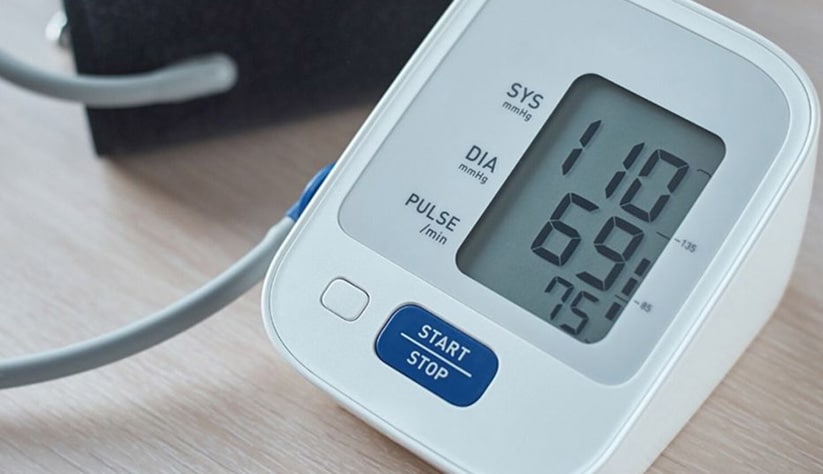
Still, we understand that adjusting to a low-fat, plant-based, whole-food diet can be a big, complicated change.
To help you along the way with every step of improving your diabetes help — whether that’s your diet, integrating daily movement, or starting intermittent fasting — our coaches are here to help.
With years of experience and the entire wealth of Mastering Diabetes resources, our coaches can help you to take the steps to transform your health, and join our community of thousands of people who have already done the same.
Lower Your A1c and Fasting Blood Sugar... Guaranteed

Your results are guaranteed. Join more than 10,000 ecstatic members today
Personalized coaching puts you in immediate control of your diabetes health, helps you gain energy, improves your quality of life, and reduces or eliminates your meds.


